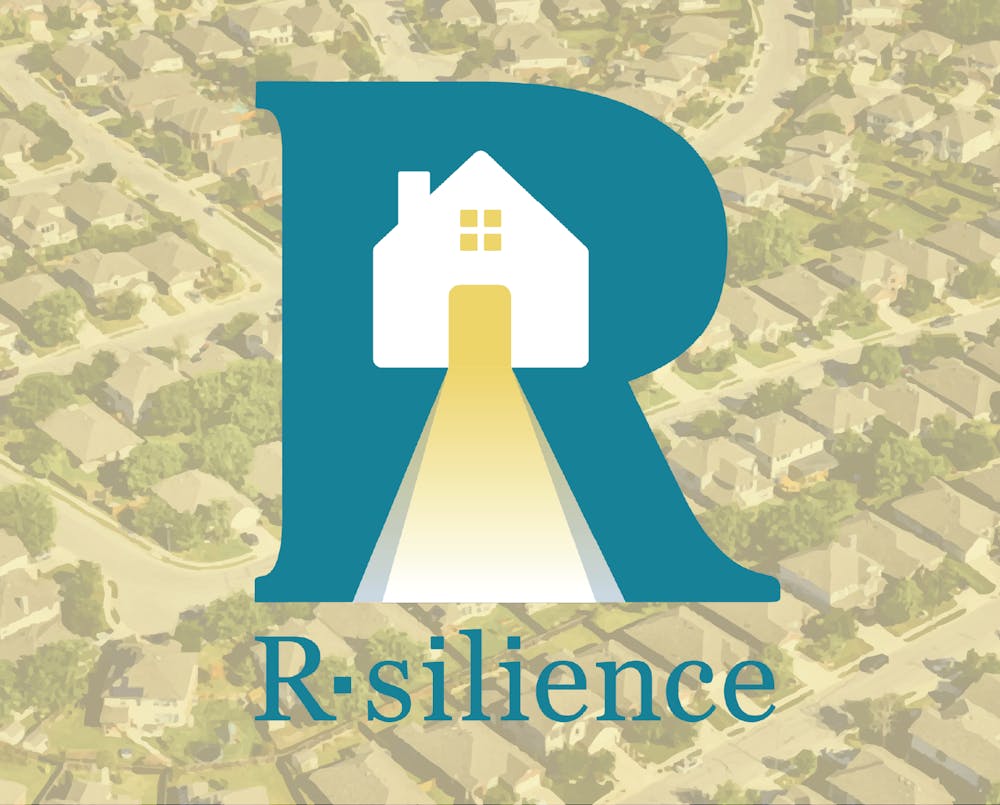For people recovering from a substance use disorder, reentering society can feel like suddenly being forced to live your life with your non-dominant hand, only 30 times harder. It’s a slow, often frustrating process that is only exacerbated by being constantly surrounded by people who can’t relate to you.
It’s also common. According to the 2023 United States National Survey on Drug Use and Health, 48.5 million Americans battled a substance use disorder in the past year, making rehabilitation efforts all the more important.
That’s where recovery homes come in. Recovery homes are residential facilities that host individuals with substance use disorders. These houses provide a safe space to stay sober and allow residents to be surrounded by others who face the same challenges.
Among other benefits, residents of recovery homes are more likely to stay sober longer than those who forgo residential treatment.
However, finding a suitable recovery home has its own challenges. Specifically, a lack of information about the houses themselves.
Cameron Hay-Rollins, founder of R-silience, said she aims to fix that. She and her team created an app that functions as a “Zillow for recovery homes,” allowing individuals to tailor results to fit their needs.
“When I started this project there was only one online resource in the state of Ohio,” Hay said. “It only provided a short description of the house. [It’s like] picking a college to live at for four years, [but] you have no pictures or way of visiting.”
With R-silience, someone can choose a location, estimate pricing, view photos, filter for gender-specific spaces and contact the houses themselves. This control over potential future housing helps provide safe spaces for LGBTQ+ individuals or those who have faced domestic violence, according to Hay.
“[The R-silience team] decided it would be much more useful for people to see images and choose their own qualifications,” Hay said. “If [an individual] has a support dog, [they] can go to a house that has a support dog, or if they have kids they need a home that allows kids to visit.”
Additionally, the app is completely free to use, ad-free and compatible with both Android and Apple products.
Such an expansive project makes R-silience a team effort. Hay, a medical anthropologist by trade, worked with professors in the Farmer School of Business, the College at Elm Innovation Center and countless students to get the app off the ground.
“We’re regularly bringing in students to help us reach out to the recovery houses, reach out to people and to help out with social media,” Hay said. “It’s an ongoing project I continue to manage.”
Enjoy what you're reading?
Signup for our newsletter
Abbe Lackmeyer, project manager and member of the R-siliance team since 2019, added how collaborating with such passionate people makes a real difference in the work itself.
“I am so happy to be part of something tangible that can help an individual, friend, family member or anyone else looking for support,” Lackmeyer said.
She believes that the project goes beyond being simply an app.
“I think R-silience can give someone hope – hope of finding the right place where they can continue their recovery journey, hope to a family member that wants their loved one to be in a safe and supported environment,” Leckmeyer said. “My family has seen first hand the power of a recovery home that fits an individual's needs and how it can help someone be successful in recovery and if R-silience can help other families have that same experience, it is all worth it.”




